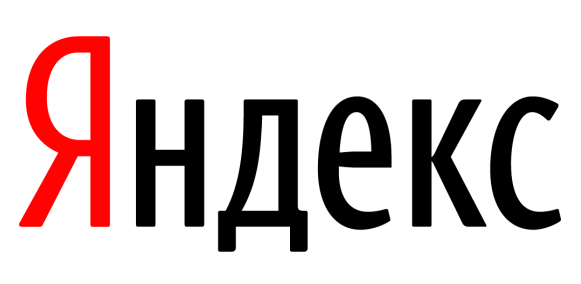Written by Anastasia Kurmakaeva

Yandex is a Russian search engine owned by the eponymous company founded in 1997 by Arkady Volozh and Ilya Segalovich. It is the most used search engine in Russia and some of the countries belonging to the former Soviet Union, while it is also one of the most visited sites in this country, with more than 65 million daily visitors. In 2011 it also launched a version of the portal in Turkey, where some of its services such as Yandex.Navigator and Yandex.Maps are widely used.
In addition, Yandex is one of the largest internet companies in Europe, and has about 9,000 employees (as of 2018 data) and 17 offices spread around the world, including a division in Silicon Valley in the US and in Shanghai, China.
On a global scale, Yandex is the fifth most used search engine, after Google, Baidu, Bing and Yahoo!
About Yandex

Yandex’s name is popularly considered to come from “Yet Another indexer”, as well as from a bilingual pun, as “Ya” corresponds to the letter “Я” in Russian, which in turn is the first person singular pronoun, “I”.
The reason why Google, the global search engine giant, did not achieve the same success in Russia is mainly due to the fact that the creators of Yandex focused on develop its search engine algorithm to understand the Cyrillic alphabet and the complexity of the morphological inflections of the Russian language. A task that Google did not prioritize until much later, with Yandex becoming the clear leader that has conquered the Russian-speaking network, even over Rambler, a portal launched in 1996, and Mail.ru, its main compatriot competitors.

In 2014, the American organization IANA gave permission for the creation of a generic top-level domain .yandex.
In 2017, Yandex also launched its own artificial intelligence personal assistant, Alisa, available for major mobile platforms and Microsoft Windows, and only in the Russian language. This launch came a year after Yandex turned around its search algorithm with the implementation of technologies based on neural networks and machine learning to offer increasingly accurate results tailored to the search intent of its users.
The truth is that Yandex never stagnates or lags behind in its ambition, being in continuous development and branching out to new services, new technologies and conveniences. Without going any further, Yandex Taxi and Uber Russia joined forces in 2018, merging into the same company, to offer the best user experience to their customers in terms of mobility, with the agreement extending to the countries of Azerbaijan, Georgia, Armenia, Belarus and Kazakhstan.
Yandex SEO Tools
From an SEO point of view, Yandex differs in many ways from Google. A clear example of this is that Yandex still attaches some importance to the meta description field when displaying search results relevant to the user’s request.
The main tools that can help us to position a website on the Internet are: Yandex.Metrica, Yandex.Webmaster, Yandex.Wordstat, Yandex.Audience and Yandex.Direct.
The main function offered by the Yandex.Metrica tool is that of web analytics: tracking visitor traffic and audience data for our portal, as well as recording user sessions to observe their behavior.
A Yandex.Webmaster account is essential to let the Yandex robot know about our website and have it indexed correctly. Additionally, it includes other utilities such as the possibility of following the indexing status, snippets, sitemap, etc., as well as notifications and security warnings that the search engine sends us about our portal.
Yandex.Wordstat is a keyword planner that shows us the search volume for the criteria we are interested in, and can be classified both by geographic location and by the history of requests.
Yandex.Direct is the Russian company’s online advertising service, and the analogue of Google Ads.
Yandex.Audience is a tool that allows us to analyze and create market segments with our own leadsHowever, this is not its full potential, as it also allows us to look for new customers with similar profiles to expand our promotional strategy to a much wider audience.
References:
- Internet Assigned Numbers Authority (IANA) Top-Level Domain (TLD) database
- Yandex Company History
